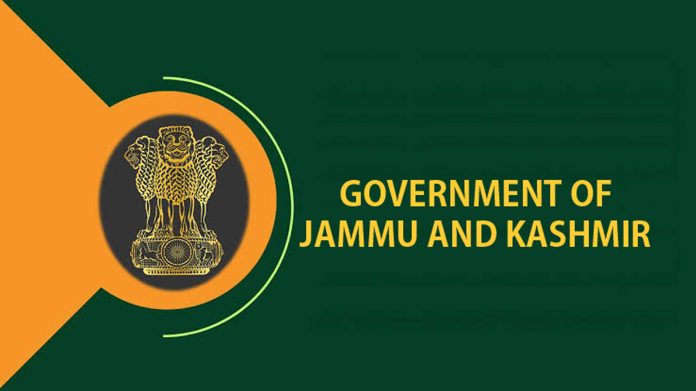Law Department Finalises Legal Opinion on Reservation Report; Cites Constitutional Provisions and SC Guidelines
JAMMU, Sept 6: The Jammu & Kashmir Law Department has completed a near-final legal opinion on the reservation recommendations submitted by the Cabinet Sub-Committee (CSC). The opinion, prepared after roughly two months of detailed examination, is slated to be returned to the Cabinet for consideration and next steps.
Officials said the legal note relies heavily on existing Constitutional provisions and Supreme Court precedents and guidelines governing reservation policy across States and Union Territories. The Law Department’s approach aims to ensure any action the Government takes stays within the legal framework established by the Constitution and the apex court’s judgments on reservations.
What the Opinion Covers
The draft opinion evaluates the CSC report — prepared earlier and discussed at a Cabinet meeting chaired by the Chief Minister — to identify legal mechanisms the Union Territory may lawfully use to alter quotas. Officials emphasised that if the government decides to change reservation percentages, the legislative route will be required where applicable.
Key issues addressed in the opinion reportedly include:
- Constitutional limits and guidelines regarding classification and extent of reservation in government jobs and seats;
- Supreme Court rulings that provide tests and criteria for permissible quotas and any exceptions;
- Procedural steps needed if the Government opts to modify existing categories or percentages (including legislative measures and required notifications).
Background: Why This Matters
The reservation debate in Jammu & Kashmir has intensified after the CSC — formed to review quotas — recommended revisions that would affect the share of the General Category. Presently, quota distribution in the UT has grown substantially; the general category’s share has fallen below 30% while reserved quotas (across many categories) total around 70%.
Proponents of increasing the general-category share argue that youth and student bodies from the general category have been disproportionately impacted. At the same time, any change must withstand constitutional scrutiny and comply with Supreme Court precedents that guard against arbitrary quota alterations.
Official Next Steps
Once the Law Department formally submits its opinion, the Government will decide timing and mode of placing the matter before the Cabinet for deliberation. If the Government concludes to implement changes that affect statutory quotas, a legislative route may be necessary — legislation at Parliament or UT level depending on the nature of the change.
Officials noted that the Legislature session of the UT is expected in the first week of October, and that could be the forum for any legislative approach if the Government chooses that path.
Political & Social Context
The topic is politically sensitive. The ruling party had campaigned on increasing the share of the general category — a promise that has intensified public debate and pressure from student/youth groups. Any move to reallocate quotas will need to balance legal defensibility with social and political repercussions across diverse communities in the UT.
Conclusion
The Law Department’s opinion seeks to provide the Cabinet with a legally grounded roadmap — grounded in the Constitution and Supreme Court guidance — to decide the future course on reservation in Jammu & Kashmir. Government sources say the next steps will be determined after internal review and political consultations.
Source: Based on reporting by Daily Excelsior (Read original)
Labels: Reservations, Jammu & Kashmir, Law Department, Constitutional Law, Supreme Court Guidelines
Tags: #Reservation #JammuKashmir #LawDept #SupremeCourt #GovtPolicy
Disclaimer: This article is a rewritten summary based on reporting by Daily Excelsior. Jammu News Portal does not assume responsibility for the accuracy of external content.


Post a Comment